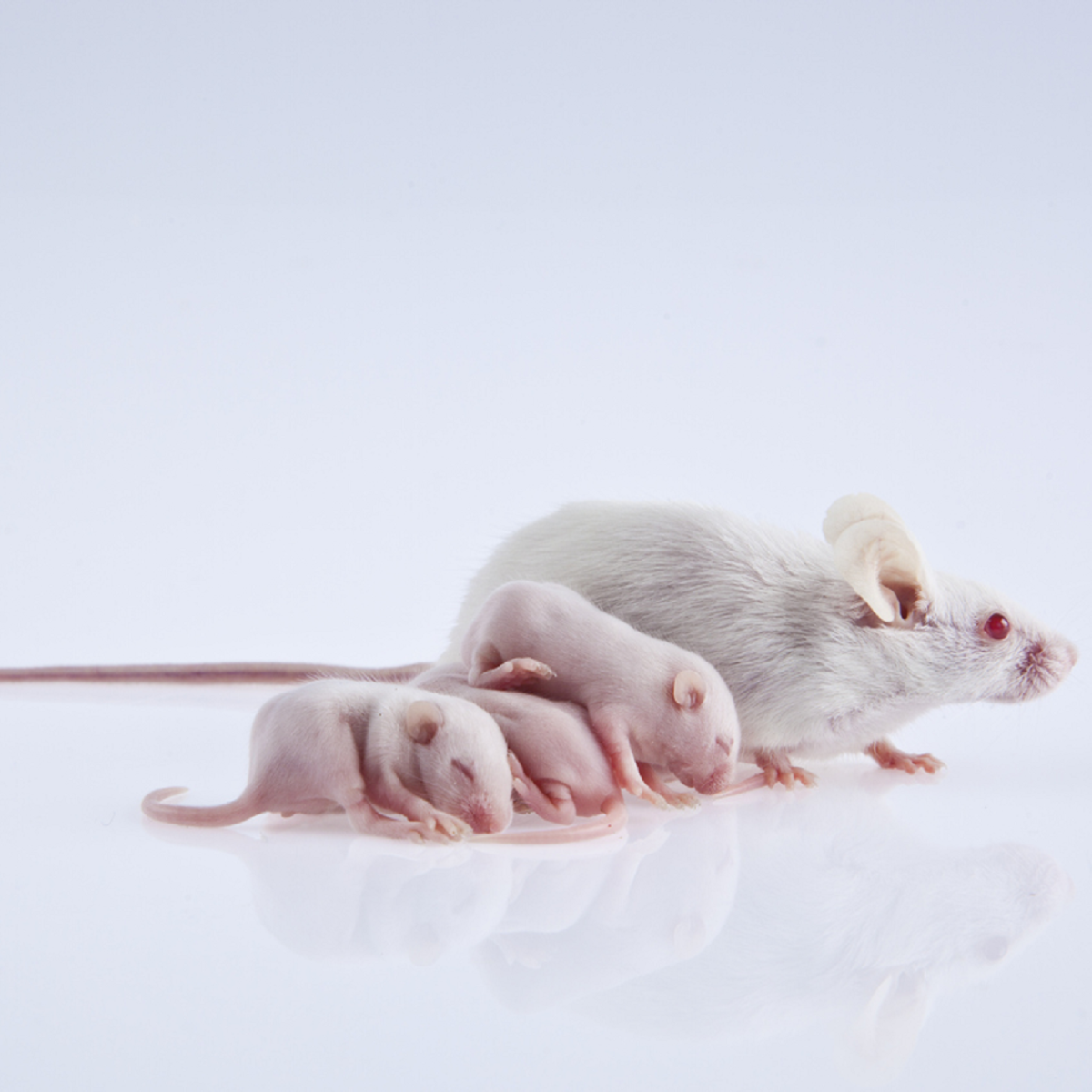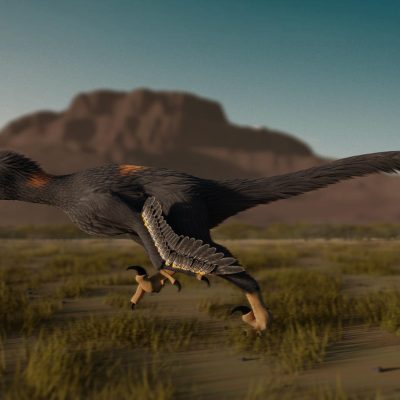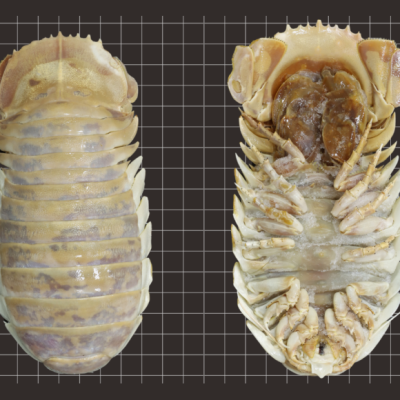The crucial role of the hypothalamus in fostering parental care has been unveiled, shedding light on the self-sacrificing behavior exhibited by parents across species, including humans, mice, and other mammals. This behavior, driven by brain evolution, takes a multi-generational perspective to comprehend fully.
Neurons within the medial preoptic nucleus (MPOA) of the hypothalamus, specifically secreting galin, play a pivotal role in guiding parental behavior in mice. This includes caregiving, feeding, nesting, and protective instincts, often demonstrated at the risk of the parent’s own life. The functionality of MPOA neurons is influenced by stimuli triggered by visual or tactile interactions with the offspring and metabolic processes within the body. Catherine Dulac, the lead researcher and neurobiologist at Harvard University (USA), emphasizes the unprecedented depth of understanding achieved in studying such complex social behaviors.
The study, published in the journal Nature in 2018, focused on mice, recognizing the existence of the same brain region in all mammals. MPOA neurons were found to be intricately connected to over 20 other brain regions, each playing a unique role in guiding parenting behaviors. Gender differences were evident, with female mice exhibiting innate care for their offspring, regardless of ownership, while males displayed such behavior only after recent mating. Males with sexual experience exhibited aggression towards their domestic animals.
Observations of brain activity in female mice revealed heightened MPOA region activity, especially during periods of reduced caregiving activities like feeding and foraging. In contrast, the brain region responsible for innate behavior in male mice maintained higher activity during such times. Neurobiologists manipulated native behaviors in mice by activating specific brain regions, holding promise for addressing postpartum depression in females. Ongoing investigations aim to unravel the mechanisms sustaining parental behaviors in male mice post-mating.










